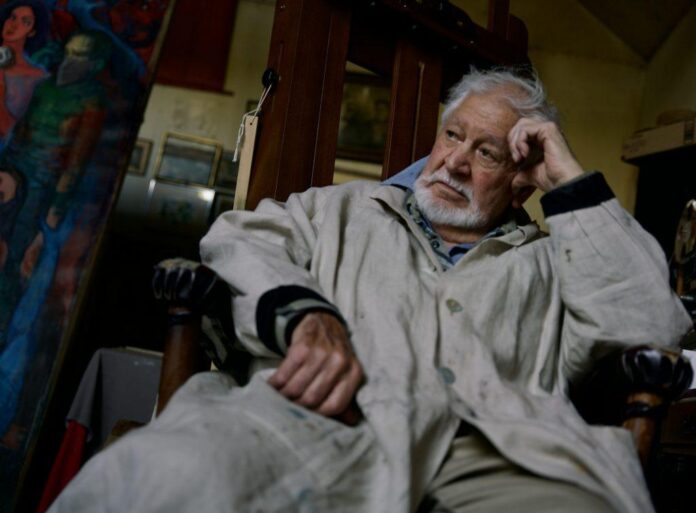When Henri David Thoreau trekked across the outer dunes of Provincetown in the 1850s, he called the landscape a “desert,” where one was faced by “a tide of sand impelled by waves and wind, slowly flowing from the sea toward the town.” A few hardy folks would brave the dunes “night and day in severe weather, looking for wrecks, in order that they may get the job of discharging the cargo, or the like—and thus shipwrecked men are succored.”
The spartan lifesaving stations that were set up on the outer coast of Cape Cod slowly became a collection of beach shacks, occupied first by local fishermen and then generations of their families and friends in the summer. As a burgeoning arts colony grew up in Provincetown, the ramshackle buildings were used by authors and poets such as Tennessee Williams and e.e. cummings as a refuge for their writing. Jack Kerouac penned part of On The Road surrounded by the crashing waves. Eugene O’Neill was known to host nudist parties throughout the summer.
When the Cape Cod National Seashore was established by President John F. Kennedy in 1961, the dunes became the property of the National Park Service, which originally wanted to raze the shacks and allow nature to reign free. A decades-long legal battle ensued, between the U.S. government and the families who had lived in and maintained the historic structures through season after season of harsh weather. The residents eventually won, but most of them only received life-time leases to use the properties, after which they would again revert to the NPS.

A view of the Dune Shacks in the Peaked Hill Bars Historic District. Photo: NPS/Frost.
The clock on many of those agreements has since run out, and the NPS opened a public bidding process on eight of the shacks in May, giving anyone willing to put the time, energy and money to maintain the historic structures a chance at a 10-year lease. Annual rents range from just $2,000 for a studio-size building to $16,000 for a multi-room house with guest cottage. Most of the shacks lack running water or electricity and only have outhouses.
The deadline for applications is July 3, and applicants must submit a personal financial statement to ensure they can afford to maintain the properties, and it is suggested they make their bids competitive by offering to pay more than the fair market rent.
The move has met with shock and outrage from the shacks’ long-time residents, and local preservationists. On Tuesday, a small sit-in was held by several of them to protest the eviction of the 94-year-old artist Salvatore Del Deo, who for decades has lived and worked in Frenchie’s Shack, named after the friend who originally built it. Del Deo’s wife Josephine was one of the key figures behind the shacks’ preservation when the National Park Service took control of the properties.
An online petition to keep Del Deo in the shack has been signed by more than 12,000 people and local politicians have also tried to sway the Park department to change their minds. Massachusetts Representative Bill Keating posted a letter on Twitter, co-signed by Senators Edward Markey and Elizabeth Warren, asking that the agency “consider all available options to legally allow Mr. Del Deo to reside in Frenchie’s Shack.
“The NPS is committed to equitable access to public lands,” a spokeswoman for the National Park Service said in an email to the . “Individuals overstaying terminated life estates without legal authority have been using public lands for their private and exclusive benefit and, like anyone occupying NPS property without legal authority to do so, they are expected to vacate.”
On Wednesday, the day Del Deo was meant to leave the property, Park Rangers came to Frenchie’s Shack to make sure it was emptied, according to the , but found a family friend occupying the space. She and other supporters of Del Deo are refusing to leave the site as local politicians meet with Department of the Interior officials to negotiate a way for Del Deo to remain in the shack.
“When I saw this place, I said this is like the beginning of life on Earth. It’s elemental, spiritual,” Del Deo told the Provincetown Independent. “I’m a painter and a pantheist, and I love nature. We’re big, compared to the tiny little things that are in the woods, and we walk there, not knowing that we’re stepping on something that’s alive. Inadvertently, in our innocence, sometimes we destroy things.”
“I think of the Park as being like that, a huge monolithic thing,” he added. “They mean to do right. But sometimes they miss the forest for the trees — and they’re destroying an oasis that people had created out of nothing but flotsam and jetsam.”

























